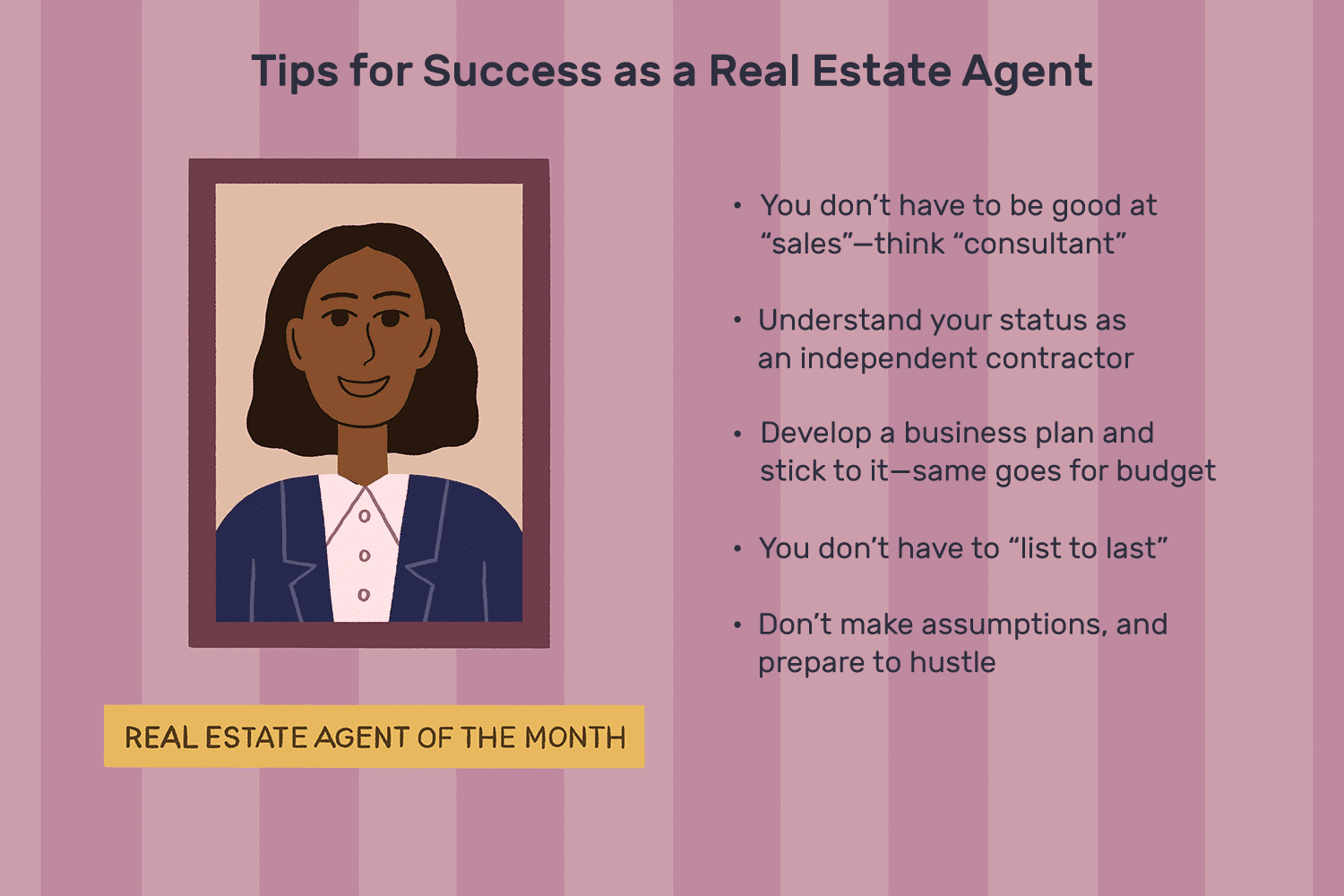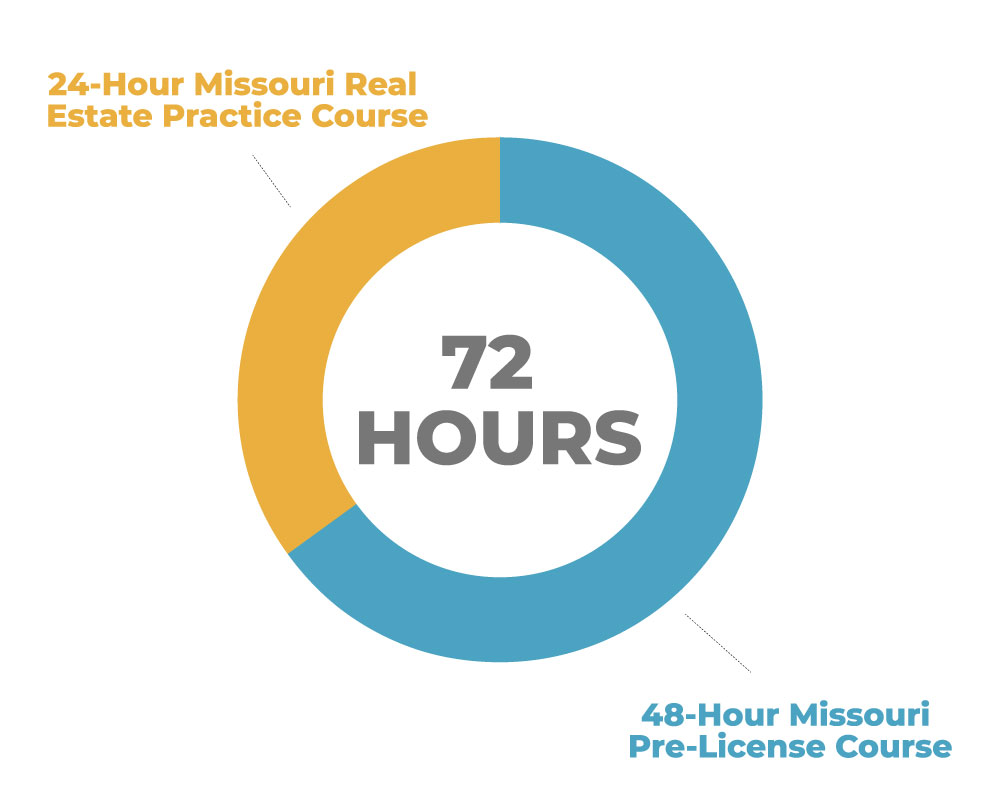
What is the difference between real estate agents and brokers? These two functions are very different, so let's take a look at the differences. Working with an agent and broker is a good idea, regardless of whether you are looking for a home to buy or to sell. Both can be valuable so make your decision. To learn more, read our agent vs broker comparison article.
Real estate agent
Although there are differences between brokers and agents, they are both essential for a successful home-buying experience. While brokers deal with the legalities, buyers agents search for properties and negotiate offers. They also help with paperwork and manage escrow funds. The job of a buyer's agent is to find the perfect house and help buyers navigate the process. In certain jurisdictions, agents may be called brokers.

Real estate agents are licensed salespeople. Realtors are licensed to sell real estate. Both types are required by law to have real estate licenses. They must follow strict ethical codes. Real estate agents must be members of the National Association of Realtors, and adhere to the code of ethics. A broker must be licensed as a real estate agent. Both roles are distinct.
Agent for the buyer
The choice between a buyer's agent and a broker should be based on your personal situation. Legally, the former must represent the buyer’s best interests. The buyer's agent on the other side has a fiduciary obligation to the seller. Because buyer's agents have the benefit of an outsider's perspective, they are often better suited to assist buyers. Buyers need to be aware of the drawbacks and benefits of working with a buyer agent.
A buyer's agent provides a range of services including market analysis, evaluation of comparable sales and determining the value of the property based on its features. They may also be able to assist with other terms and conditions, such as preparing a coop board package. A buyer's representative can also assist with navigating through the many speed bumps which could hinder a deal. You can avoid costly errors by having an agent help you navigate the speed bumps.
Insurance broker
If you're looking to buy insurance, deciding between an insurance broker and an agent can be an important decision. An insurance agent must be licensed by the state. Agents are often tied to one or two insurance companies. Brokers on the other side can compare all available options and save you considerable time. Here are a few reasons why you should choose an insurance broker.

The most prominent difference between an insurance agent and an insurance broker is their representation. While an agent represents an insurer an broker represents an insurance buyer. A broker can represent either an independent or captive company. A broker can represent multiple companies and have a greater network of contacts. However, insurance agents can represent one particular insurer, while a broker represents many. This is a significant difference.
FAQ
Do I need flood insurance
Flood Insurance protects from flood-related damage. Flood insurance protects your belongings and helps you to pay your mortgage. Learn more about flood coverage here.
What are the cons of a fixed-rate mortgage
Fixed-rate loans are more expensive than adjustable-rate mortgages because they have higher initial costs. A steep loss could also occur if you sell your home before the term ends due to the difference in the sale price and outstanding balance.
How do you calculate your interest rate?
Market conditions can affect how interest rates change each day. The average interest rate for the past week was 4.39%. The interest rate is calculated by multiplying the amount of time you are financing with the interest rate. Example: You finance $200,000 in 20 years, at 5% per month, and your interest rate is 0.05 x 20.1%. This equals ten bases points.
Can I get another mortgage?
Yes, but it's advisable to consult a professional when deciding whether or not to obtain one. A second mortgage can be used to consolidate debts or for home improvements.
What should I look for in a mortgage broker?
People who aren't eligible for traditional mortgages can be helped by a mortgage broker. They compare deals from different lenders in order to find the best deal for their clients. Some brokers charge a fee for this service. Others provide free services.
Statistics
- 10 years ago, homeownership was nearly 70%. (fortunebuilders.com)
- It's possible to get approved for an FHA loan with a credit score as low as 580 and a down payment of 3.5% or a credit score as low as 500 and a 10% down payment.5 Specialty mortgage loans are loans that don't fit into the conventional or FHA loan categories. (investopedia.com)
- Based on your credit scores and other financial details, your lender offers you a 3.5% interest rate on loan. (investopedia.com)
- This seems to be a more popular trend as the U.S. Census Bureau reports the homeownership rate was around 65% last year. (fortunebuilders.com)
- Over the past year, mortgage rates have hovered between 3.9 and 4.5 percent—a less significant increase. (fortunebuilders.com)
External Links
How To
How to Manage a Rent Property
While renting your home can make you extra money, there are many things that you should think about before making the decision. We'll show you what to consider when deciding whether to rent your home and give you tips on managing a rental property.
Here are the basics to help you start thinking about renting out a home.
-
What should I consider first? Before you decide if you want to rent out your house, take a look at your finances. If you have outstanding debts like credit card bills or mortgage payment, you may find it difficult to pay someone else to stay in your home while that you're gone. It is also important to review your budget. If you don't have enough money for your monthly expenses (rental, utilities, and insurance), it may be worth looking into your options. You might find it not worth it.
-
What is the cost of renting my house? Many factors go into calculating the amount you could charge for letting your home. These factors include location, size, condition, features, season, and so forth. You should remember that prices are subject to change depending on where they live. Therefore, you won't get the same rate for every place. Rightmove has found that the average rent price for a London one-bedroom apartment is PS1,400 per mo. This means that if you rent out your entire home, you'd earn around PS2,800 a year. Although this is quite a high income, you can probably make a lot more if you rent out a smaller portion of your home.
-
Is it worth the risk? Although there are always risks involved in doing something new, if you can make extra money, why not? Before you sign anything, though, make sure you understand exactly what you're getting yourself into. Renting your home won't just mean spending more time away from your family; you'll also need to keep up with maintenance costs, pay for repairs and keep the place clean. Before signing up, be sure to carefully consider these factors.
-
Are there any advantages? There are benefits to renting your home. Renting your home is a great way to get out of the grind and enjoy some peace from your day. You will likely find it more enjoyable than working every day. Renting could be a full-time career if you plan properly.
-
How do you find tenants? Once you've made the decision that you want your property to be rented out, you must advertise it correctly. Make sure to list your property online via websites such as Rightmove. You will need to interview potential tenants once they contact you. This will help you evaluate their suitability as well as ensure that they are financially secure enough to live in your home.
-
What can I do to make sure my home is protected? You should make sure your home is fully insured against theft, fire, and damage. You'll need to insure your home, which you can do either through your landlord or directly with an insurer. Your landlord will typically require you to add them in as additional insured. This covers damages to your property that occur while you aren't there. If your landlord is not registered with UK insurers, or you are living abroad, this policy doesn't apply. You will need to register with an International Insurer in this instance.
-
If you work outside of your home, it might seem like you don't have enough money to spend hours looking for tenants. Your property should be advertised with professionalism. It is important to create a professional website and place ads online. You'll also need to prepare a thorough application form and provide references. Some people prefer to do everything themselves while others hire agents who will take care of all the details. In either case, be prepared to answer any questions that may arise during interviews.
-
What do I do when I find my tenant. If you have a current lease in place you'll need inform your tenant about changes, such moving dates. You may also negotiate terms such as length of stay and deposit. Remember that even though you will be paid at the end of your tenancy, you still have to pay utilities.
-
How do I collect the rent? When the time comes for you to collect the rent you need to make sure that your tenant has been paying their rent. If not, you'll need to remind them of their obligations. You can subtract any outstanding rent payments before sending them a final check. If you are having difficulty finding your tenant, you can always contact the police. They will not normally expel someone unless there has been a breach of contract. However, they can issue warrants if necessary.
-
How do I avoid problems? Renting out your house can make you a lot of money, but it's also important to stay safe. Consider installing security cameras and smoke alarms. You should also check that your neighbors' permissions allow you to leave your property unlocked at night and that you have adequate insurance. You should not allow strangers to enter your home, even if they claim they are moving in next door.